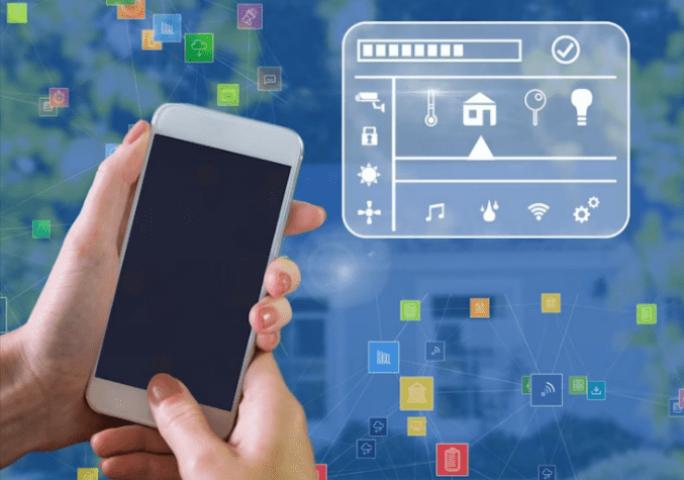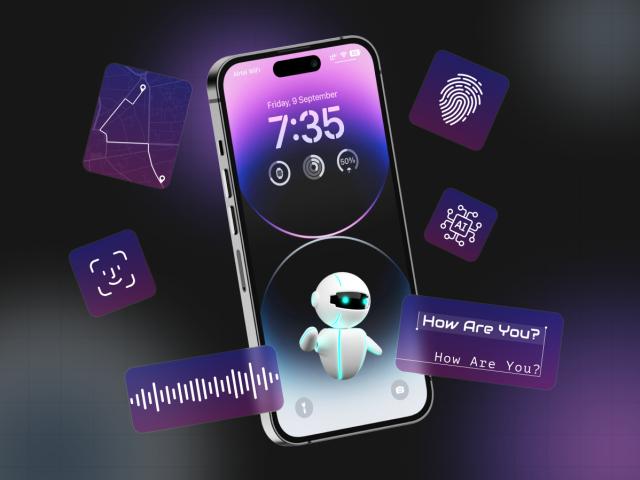In 2025, Mobile Recharge Software Development continues to play a major role in shaping India’s digital financial services. As demand for mobile recharges, utility bill payments, and multi-service platforms grows in rural and urban areas alike, developers are using advanced tools and technologies to build faster, safer, and more reliable software systems. These modern platforms are designed not just for basic recharge services but also for expanding into B2B, B2C, and multi-utility ecosystems.
One of the most important changes in recent years is the adoption of cloud-based development. Mobile recharge software built on cloud infrastructure ensures faster processing, higher uptime, and secure access from any location. Cloud services such as AWS and Google Cloud provide scalability, which allows businesses to handle thousands of transactions without performance issues. This flexibility is especially valuable for agents, retailers, and distributors managing recharge services across multiple states.
Modern development tools like React, Angular, and Vue.js are now standard for front-end interfaces. These technologies help developers create user-friendly dashboards and apps that are easy to navigate. For the backend, Node.js, Laravel, and Django are commonly used to ensure powerful logic, real-time processing, and secure APIs. The software is also designed to be responsive, ensuring it works perfectly on desktops, tablets, and smartphones.
Another key part of mobile recharge software is its integration with various APIs. In 2025, most platforms include recharge APIs for mobile, DTH, electricity, gas, and water bills. Additionally, advanced platforms use API switching to ensure successful transactions by choosing the most reliable and cost-effective service provider in real-time. This results in better uptime, fewer failed transactions, and higher customer satisfaction.
Security remains a top priority in development. Developers include features such as OTP login, encrypted data transmission, role-based access, and fraud detection alerts. These features help protect users' financial data and reduce risks of unauthorized access. With digital payment fraud cases rising, such measures are critical in building trust with users and maintaining platform integrity.
Admin and user panels are now built with better tracking, reporting, and control options. The admin dashboard gives full visibility into transaction history, commission earnings, wallet management, and dispute resolution. Retailers and agents can also view their daily transactions, commission earnings, and performance through simple dashboards. This level of transparency is important for building a strong B2B network and ensuring accountability at every level.
The year 2025 is also seeing a rise in AI-powered support tools. Mobile recharge software platforms are now including AI-based chatbots and smart notifications to guide users during the transaction process. These tools can answer user queries, help them complete tasks faster, and reduce the need for manual customer service. It also enhances the user experience and boosts retention.
Another major trend is the use of white-label mobile recharge platforms. These are pre-developed software solutions that businesses can rebrand with their own logos, domain names, and colors. It allows startups and distributors to launch their recharge business quickly, without spending time and resources on building from scratch. With the ability to add services like AEPS, money transfer, travel booking, and insurance, white-label platforms offer a complete multi-service solution.
The integration of UPI, wallets, net banking, and credit/debit card options makes transactions seamless for both agents and end-users. Payment gateways are now faster and more secure than ever before, enabling real-time settlements and refunds when needed. This improvement in payment processing is also helping build a cashless ecosystem, especially in rural parts of India.
In conclusion, the mobile recharge software market in 2025 is powered by smart tools, reliable APIs, scalable technologies, and security-focused design. Businesses planning to enter or expand in this domain should work with a trusted Mobile Recharge Software Development Company that understands the latest trends and can deliver customized, robust, and feature-rich platforms that meet the growing demands of the Indian fintech market.









